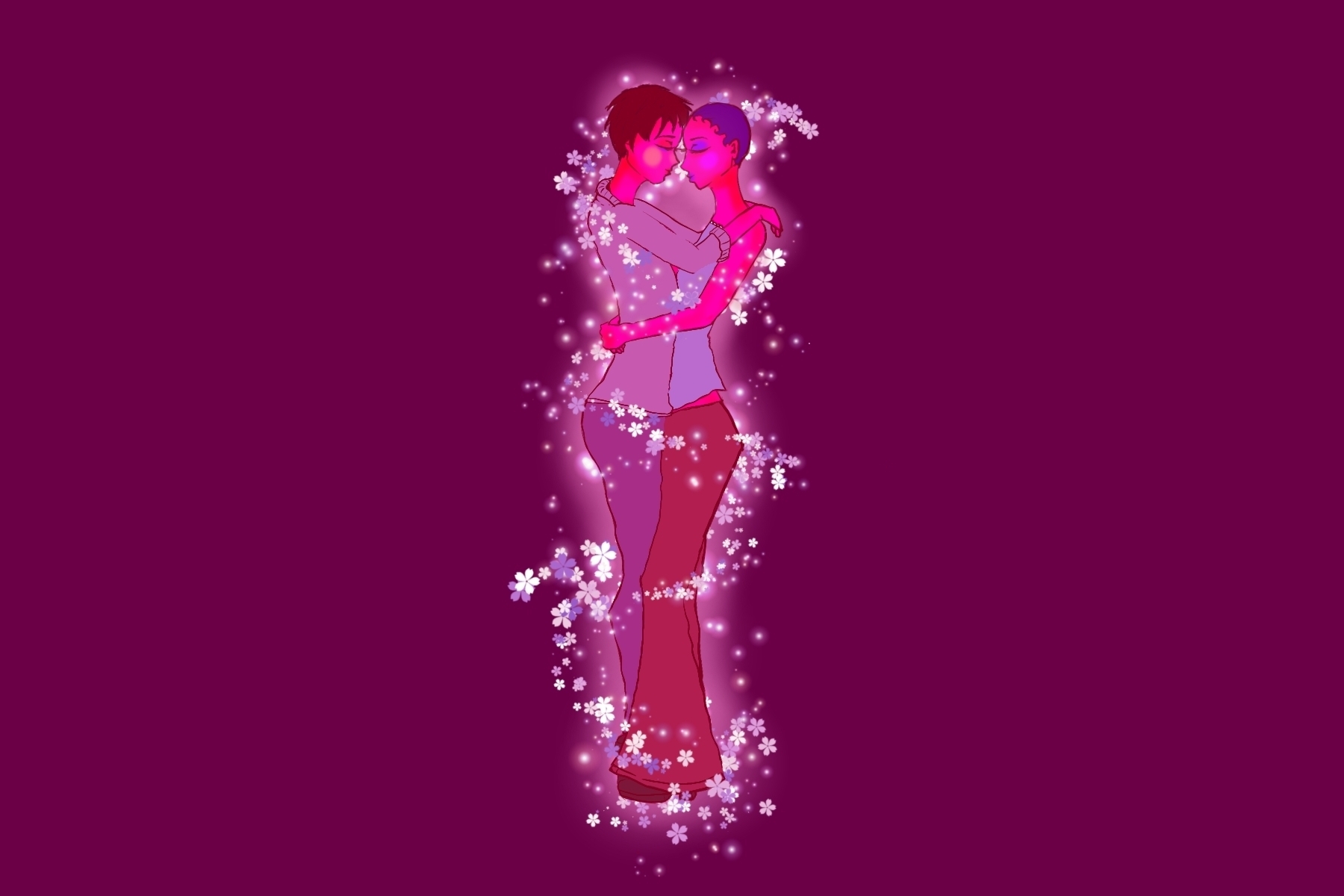Romance is prevalent in most novels. While the central plot of the story may stray from the romance at hand, I’ve lost count of the number of novels I’ve read whose plots center romance. In fact, it’s easier to recall the number of novels I’ve read that don’t feature romance because there are that few.
Is this necessary?
Think of your favorite novel: is there any romance present? Any mention of a past romance? Anything of the sort that serves to further the plot? Now ask yourself: Would that novel still be your favorite or still have the same impact if the romance was removed entirely? If your answer is yes, great. However, if your answer was no, it’s worth considering why.
Why do people like romance so much?
Romance is, in and of itself, exciting and optimistic. It takes someone who was sad or lonely, or maybe completely happy on their own, and it elevates them. For some, it’s life-changing. For others, it’s just another layer of fulfillment, an amplification of pre-existing happiness. For many people, that sense of wholeness can only be achieved through finding their “person.”
We live in a love-starved culture, and making a lasting and meaningful connection with another human being is as desired as it is rare. Human beings, at their core, are social creatures who crave to connect and bond with others. We hope to find companions who we can be open and honest with, who will accept us in our joy and freedom, our darkness and depravity.
Romantic literature is escapist, we consume it in the hopes that someday it will mirror our reality. That one day, we will find our other half — our perfect match. As we watch the protagonist find someone who loves them through their good, bad and ugly we can’t help but hope that someday we’ll find the same thing.
Truth be told, most people want to find a romantic partner. Beyond the societal expectation of having a family and settling down by a certain age, the desire to love and be loved is nearly universal. It’s something we all come to want for ourselves, whether in the present or in the distant future. Until then, readers find comfort in the lines within these novels. They live vicariously through these characters in the hopes that they too can fall in love someday.
From a writer’s perspective, much of the internal plot requires the characters to overcome heavy emotions, and it’s often much easier to craft high-stakes scenarios when characters have formed interpersonal connections that force them to be vulnerable. Embedding romance within the plot of a novel is a surefire way to ensure that the characters establish these connections.
In addition, romance can offer some of the most realistic plot devices in storytelling. Love makes people do very dumb things. We know this to be true in real life, and it’s equally true in fiction. Nothing sets up a character to make extremely questionable decisions quite like love. It’s a human quality that is easily understood in even the most outlandish circumstances.
On the other hand, there are non-romantic relationships that showcase love and drive the plot in similar ways. They may not be as effective or relatable in some instances, but they’re equally believable. For some people, romance can feel too all-encompassing. It can take over a story in many ways, or it can feel forced or unearned in a story that would do just fine without it.
My two favorite series include romance, but with varying degrees of importance. In one series, the removal of romance would not greatly affect the story, whilst in the other the series would be unrecognizable. Ultimately, it depends on the novel and the reader. For me, romance is a necessity. While I can appreciate a novel without it, I tend to feel as though something is missing— that final layer of happiness for a character who has endured so much.

















